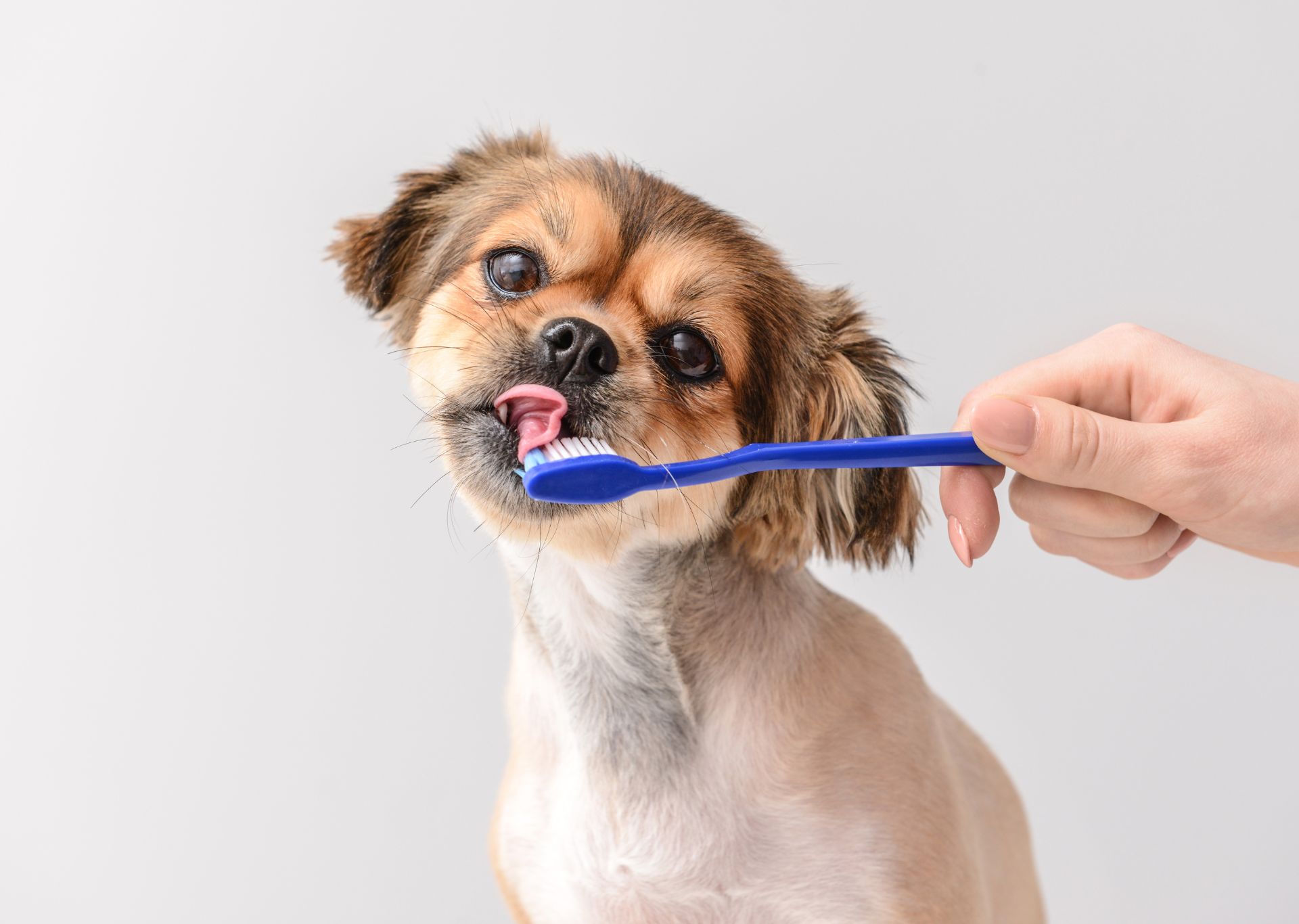Woodhaven Animal Health: Preparation for Your Pet’s Upcoming Clinic Visit
It takes a team to provide optimal care for your pet the day of surgery! This page will discuss your responsibilities in an effort to achieve the best possible outcome for your pet.
Overview:
You will be responsible for the first step of anesthesia at home by giving your pet a pre-anesthetic medication the night prior and the morning of the procedure. The goals of this medication are to help your pet be calm and to allow us to use less injectable and inhalant anesthetics for your pet's procedure. As a result, we expect more stable blood pressures during surgery and a smoother recovery
after the procedure.
Cats will receive doses of Gabapentin.
Dogs will receive Trazodone and/or Gabapentin.
What to expect with the medications:
Trazodone: some clients do not notice any difference in their pet, while others will note that their pet is more subdued at home or in the car; either response is appropriate. Vomiting has been reported in a small number of dogs.
Gabapentin: Most clients notice a calmer, quieter demeanor in their pet; in a few patients, the pet may
seem off balance or uncoordinated in their limbs - this can be normal, but use caution to avoid a fall.
What if my pet seems sleepy at home after I give the prescription medication?
This is good! We want your pet to be relaxed and calm prior to surgery!
How do I give the medications?
Trazodone can be given with or without food; food may decrease the risk of vomiting.
If you use food to coat the pill for the morning dose, limit the amount to 1/2 teaspoon if your dog is 20
pounds or less, or up to 1 teaspoon if your dog is over 20 pounds. A small marshmallow to cover a pill /capsule may also work for some dogs. If you need other ideas on how to administer medication, contact the staff prior to the surgery day.
Gabapentin can be given as a liquid squirted into the mouth, or as a powder that is mixed with a small
amount of canned food, baby food, tuna, or other moist food. It is also available in tablet form for larger
dogs.
If you use food for your cat to give the powder in the morning, limit the amount to 1/2 teaspoon.
Where do I get the medications?
You will need to make arrangements to pick up the medications from our clinic at least 5 days prior to the procedure. If you are unable to stop in, we can mail them one week ahead for an additional fee.
What if I know my pet is prone to stress?
If you think your pet may be anxious or nervous being away from home, it may be helpful to start probiotics a few days prior to the procedure in an effort to prevent "stress diarrhea". If you think this may be an issue for your pet, please contact us for a 10 day supply of Proviable probiotic. The supplement can be given as a capsule or the contents of the capsule can be mixed with food. Both dogs and cats will typically eat the supplement mixed with food.

